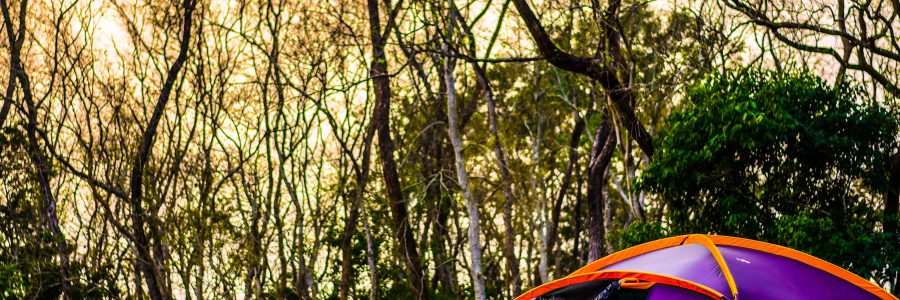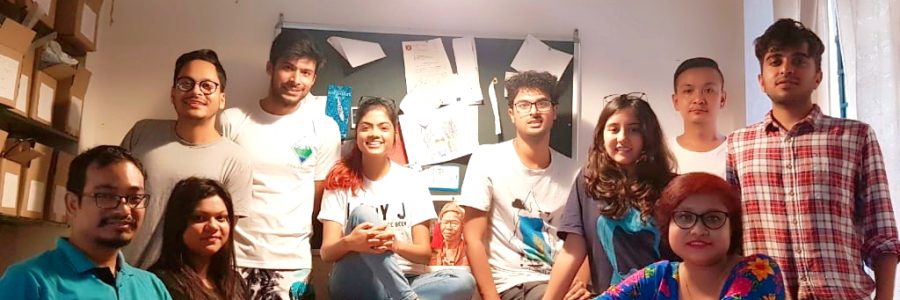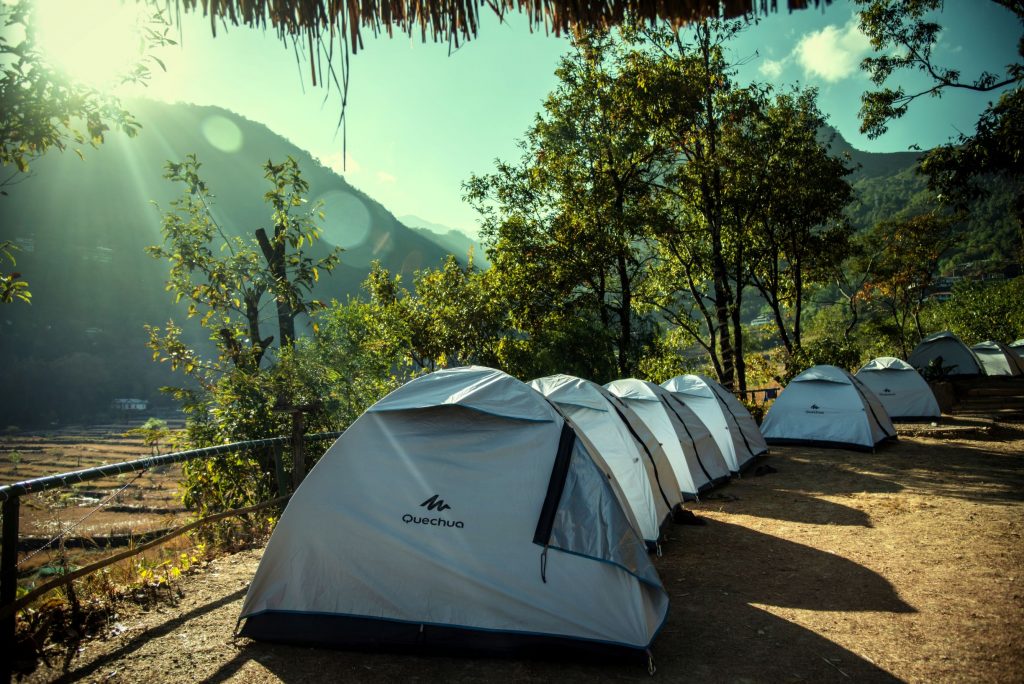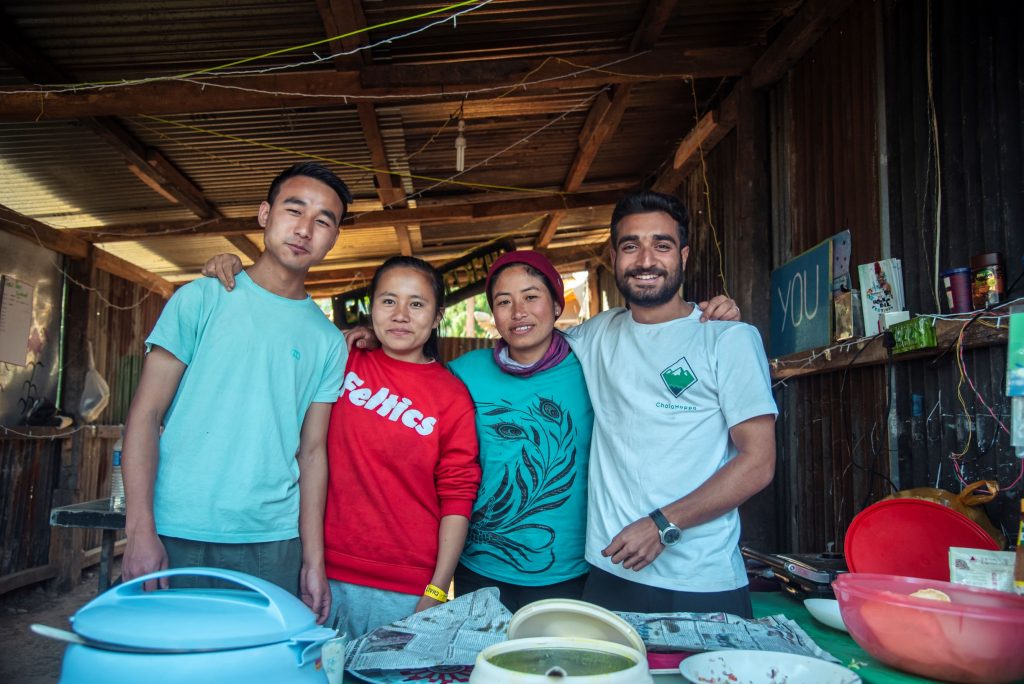Imagine a workspace somewhere on a river island! You working on the laptop while basking in the sub-tropical winter sun on a carpet of soft grass, against the faint flapping sound of waves hitting the bank! With the concept of digital nomads taking a grip of the millennials across the globe, Dipmoina Dowarah made a smart move to establish Okegiga Homes on the world’s largest river island, Majuli, particularly targeting this new age group of world travellers.
A wanderlust himself, Dipmoina gave up his well-settled corporate career to build a resort at Majuli in order to cater to the globe trotters, backpackers, wanderers, and digital nomads.
“I have been the crazy guy in the family. When I decided to quit my job to fuel my passion and do a startup, they thought I was putting an axe on my own foot,” says the founder.
Derived from an African word, meaning ‘mountain’, Okegiga Homes was founded by Dipmoina Dowarah and Madhumita Devi on 26 November 2017. The idea of this one-of-a-kind resort had hit him while travelling to Majuli during one of his backpack expeditions. While camping there, Dipmoina fathomed a huge potential for setting up a permanent campsite there. Initially, he had booked a piece of land and set up 11 local-style camping tents fixed on bamboo platforms with hay root ceiling. Encouraged by the demand for a place that can meet the needs of the backpackers and digital nomads at Majuli, Dipmoina Dowarah purchased a new land by the Lohit river and established the resort.

Okegiga Homes is spread across a lush area of 5 Bighas with the river on one side and wood on the other. The accommodation facilities consist of the traditional Bamboo Cottage, Swiss Tents and Camping Tents fixed on bamboo platforms. Apart from budget-friendly accommodation for indefinite stay durations, the resort also offers ample of space for car and caravan parking and self-cooking facilities. Like Dipmoina says, “A lot of these globe trotters prefer putting up in their own caravan and cook their own food. We make the necessary arrangements for the same.”
Not just accommodation, the resort also meets the experiential needs of the guests to see around the island and get a first-hand experience of the tribal lifestyle. Besides, in the wake of a demand, Dipmoina connects the guests with suitable parties conducting adventure activities across Northeast India. The idea is to offer at-home services fused with pleasurable holiday experiences at affordable prices to fit the bill for backpackers and working nomads.
It’s rather surprising that the challenges threatening the startup in the initial days were less financial in nature and more social. Coming from Moran in the Dibrugarh district of Assam, Dipmoina was faced with the arduous task of winning people’s trust at Majuli. He was looked upon with paranoia during the initial days, whereas, setting up a business there made it pivotal to build local support. Unbridled by resistance, the startup founder persisted patiently until the friction subsided.
“Sometimes, it’s better not to respond. I believe no problem can persist for a long time. Rather than trying to convince people with dialogues, I kept doing my work. And today, I am very much a part of the locality,” the founder elucidates. Perhaps, that’s a quintessential startup attitude to persist through the daunting times of inception and create a fertile ground for business through smart work.
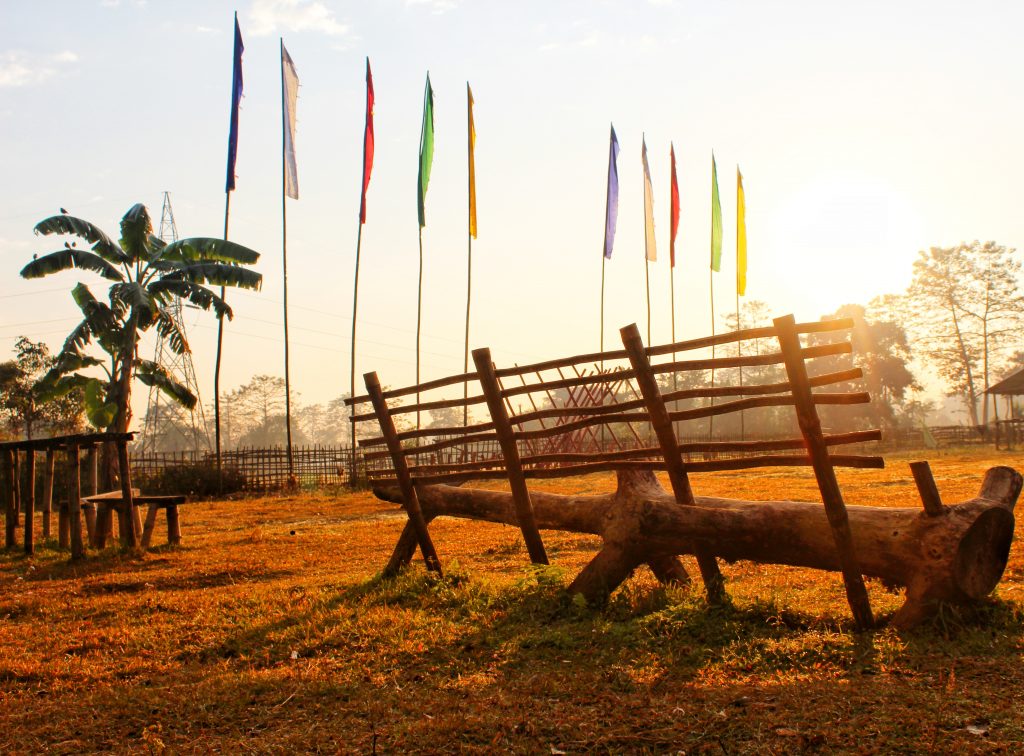
The startup has had 2 operational seasons so far, drawing domestic tourists as well as foreign travellers from the US, UK, Spain, France, Italy, Slovenia, Netherlands, Israel, Japan and Australia, among others.
From an impact perspective, Okegiga Homes has managed to create job opportunities for the local residents, making room for permanent and seasonal employment for both the educated and skilled workforce. The engagement of the daily wage earners is almost constant at the resort. Besides, the startup is making major impact in terms of drawing global attention to the cultural seat of Assam, Majuli, thus creating a conspicuous buzz about the rich Assamese heritage and culture among the foreign as well as domestic tourists. Dipmoina summarises the experience of the travellers in one sentence: Once at Majuli, one can never forget it.
Having said that, the challenges aren’t over yet. Ironically, Okegiga Homes’ biggest USP, the location, also poses as a major constraint. Majuli is a traveller’s paradise from autumn through the winters. Demand is at its peak from October to March, thus generating decent monthly revenue (figures held back on request) during the operational season. But given that flood is a serious issue on the river island, tourist footfall in the summers and the rainy seasons is almost next to nil. Naturally, Okegiga Homes is restricted to seasonal operations. Although Dipmoina utilizes the 6-month off-season to travel extensively doing market research and spending time on R&D, pursuing the trend threatens to kill his business. He admits the need to chalk out a 12-month model.
“Though I have managed to recover the cost of building this property with the 6-month model, I do understand the threat on sustenance if I do not convert it into a scalable model,” he admits.
A proud Assamese taking delight in hosting such one-of-a-kind resort on the world’s largest river island, Dipmoina’s ultimate vision is global expansion and to establish similar resorts in major island nations like Sri Lanka and Indonesia. But as of now, he is contemplating establishing similar resorts in summer destinations like Meghalaya, Sikkim, Himachal Pradesh, and Uttarakhand in order to convert into a 12-month model. And that would require the bootstrapping startup to raise funds.
Assam Startup – The Nest is currently engaged in helping the startup work on the business model to make it more scalable that would consequently make it more investment-ready.
By: Satarupa Mishra






 Career
Career
